Past, Present, and Future Counseling Psychology Students Mingle at Alumni Forum
Past, Present, and Future Counseling Psychology Students Mingle at Alumni Forum
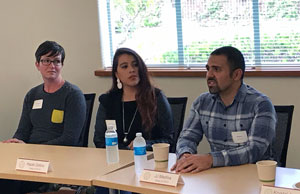 On Tuesday, July 7, seven distinguished alumni returned to the Wright Institute Counseling Psychology Program campus for the Summer 2019 Alumni Forum. Jason Shepherd (Class of 2009), Caiti Crum (2010), Ian Vianu (2014), Beth Greivel (2015), Hazel Zetino (2016), JJ Medina (2017), and Krystal Jacobs (2017) served as panelists, while Field Placement Director Stuart Lee moderated the discussion.
On Tuesday, July 7, seven distinguished alumni returned to the Wright Institute Counseling Psychology Program campus for the Summer 2019 Alumni Forum. Jason Shepherd (Class of 2009), Caiti Crum (2010), Ian Vianu (2014), Beth Greivel (2015), Hazel Zetino (2016), JJ Medina (2017), and Krystal Jacobs (2017) served as panelists, while Field Placement Director Stuart Lee moderated the discussion.
Each of the seven alumni imparted valuable advice for the dozens of current and incoming students in attendance. The graduates discussed the licensure process, their time at practicum, the intricacies of the counseling profession, some of their professional experiences since graduating, and issues of identity in therapy.


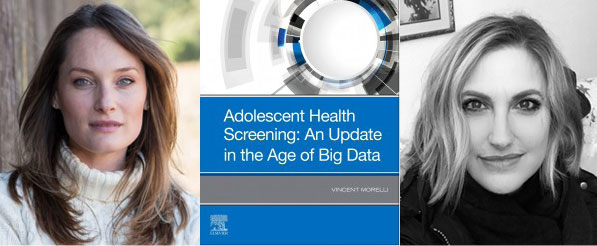 Wright Institute
Wright Institute 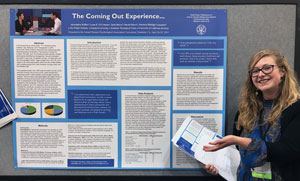
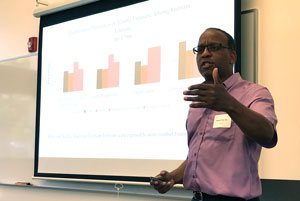
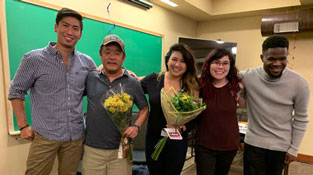 Photo: Joshua Chow, Leon Wann, Julianna Bianes, Candice Bain, and Chizite Igwe
Photo: Joshua Chow, Leon Wann, Julianna Bianes, Candice Bain, and Chizite Igwe Four Wright Institute
Four Wright Institute 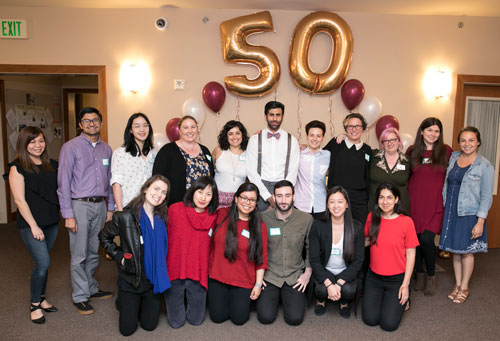
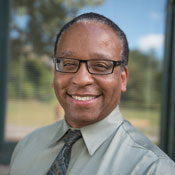 Nnamdi Pole, PhD, is a visiting scholar with the
Nnamdi Pole, PhD, is a visiting scholar with the 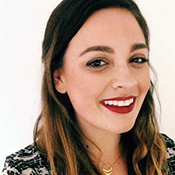 "Sometimes I see someone in need and ask myself, 'What can I do to change this person's reality?' I always come back to the idea that anything is helpful. Any amount of attention or energy can be healing."
"Sometimes I see someone in need and ask myself, 'What can I do to change this person's reality?' I always come back to the idea that anything is helpful. Any amount of attention or energy can be healing."